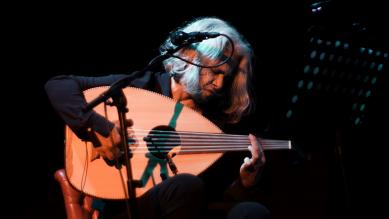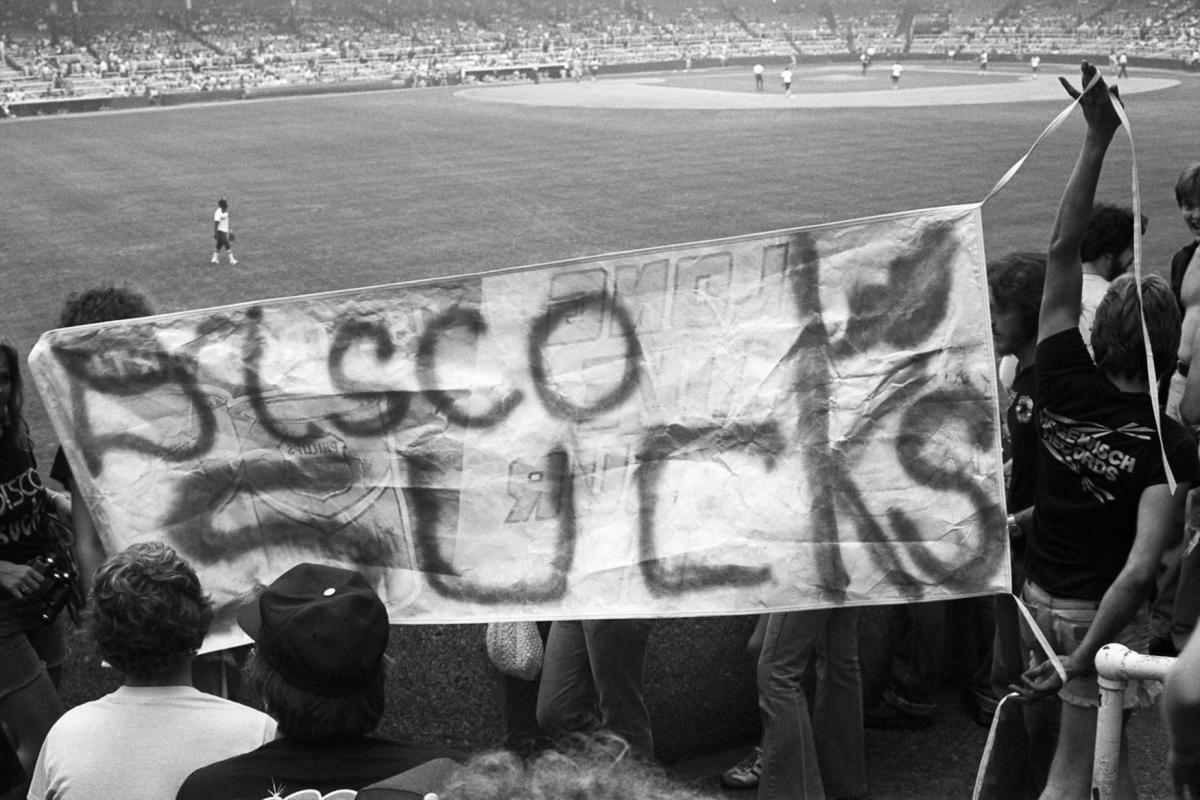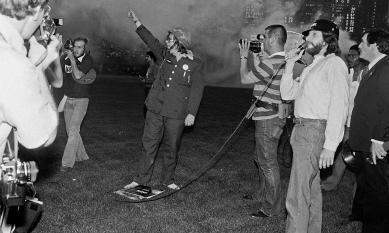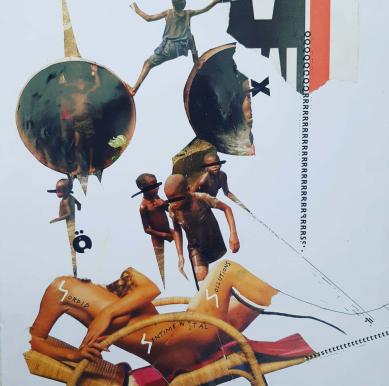
The Politics Of Authenticism
Music has always been defined by a paradox: As a non-material art form it might be free from territorial marking, but on the other hand, it always transports a certain «authenticity». The festival «Inbetween Spaces / Indie Idiosyncracies» in Cologne with guests like Kamilya Jubran, Zuli, and Grégory Dargent, investigated the relationship of music from the Middle East and its colonial heritage – both in concerts and discussions.
When the Egyptian musician Zuli screwed his beats through the heated air, someone had draped an Israeli flag next to the stage. The action that took place at the festival «Inbetween Spaces / Indie Idiosyncracies» in Cologne was probably meant as a provocation, though no one really seemed to feel disturbed. Could this be a sign that club music eventually demands negating topographical-sonic markings in order to imagine itself in a global space that is liberated from nationalist fetters?
It was not surprising that this happened, as cultural events are becoming a battleground for political discourse, but except for this, «BDS» (the Palestinian-led Boycott, Divestment and Sanctions movement) was not an issue. As part of the city-funded «Global Diffusion» series, the event was rather about the different production conditions in the West and the Middle East, exotism and appropriation, and the challenges and opportunities of globalization. Away from the stage, some artists met for a public symposium. Organizer Thomas Gläßer, who has been inviting artists from the Middle East to Cologne for years, was particularly interested in how globalization and digitization have brought international attention to non-Western musicians.
It is obvious that globalization and digitization have given international attention to non-Western musicians. However, what is rarely critically reflected is that this participation in the global market forces non-Western artists to focus on their supposed cultural roots. The term «world music», with its favoring of the «authentic», is today, on the one hand, peculiarly obsolete. Following the archive pioneers, the Western market has opened up to the non-Western markets and has since discovered the pop music cultures of the global South with a gold-digging zeal.

The Audible Origin
On the other hand, «authenticity» experienced only a gradual change in this opening: although Western influence is accepted as a bridge element and relevance marker, the music product must still be coded topographically and sonically, so that its origin remains «audible». Thomas Gläßer diagnoses the Western hunger for these hybrids as a symptom of the declining Western music industry and the resulting sluggish innovation impulses. However, this is not necessarily a problem experienced by the musicians. Rather, the experimental scenes that have emerged in the non-Western metropolises over the last 20 years seem to be affirmative.
As the participating composer and curator Matthias Mainz, who works a lot in the Middle East, noted, many of the cultural workers are dependent on Western funding like, for example, the Goethe-Institut, who supports artists in the region. From this perspective, the emergence of these scenes is understood as a positive effect of globalization: for example, the disappearance of virtual borders, as Kamilya Jubran emphasizes.
Jubran talks about her classical Arabic musical upbringing with the «maqam»: «You have to examine your baggage. I still try to find the meanings of things I learned and try to bring them to somewhere else». At the age of 17 she first wondered if the music that surrounded her was the only possible one, or if there was not more to discover. Today the musician, born in 1963 in Akkon, Israel, but living in Paris for many years, and known for her work with the Palestinian band Sabreen, feels connected to Western artists like Fred Frith or Meredith Monk. From her perspective, the examination of the «musical tradition» appears as a result of a confrontation with the «foreign», as was the case for the adolescent Jubran with the pop music of the West, and later with Western experimental music.
Colonization Under a Different Umbrella
Another story about cultural heritage under reversed signs was told by the French musician Gregory Dargent. As a Frenchman playing the Arabic string instrument the oud, he was either «not taken seriously or admired». He stated that the appropriation of a non-Western instrument «by a Frenchman is less self-evident, as when a Chinese man succeeds on the piano». When asked what motivated him playing a Middle Eastern instrument, he had long found no answer – until he investigated his family history: his family members were employed in the French army, partly stationed in Algeria. The «Arabic» was omnipresent in his family, but treated as a «secret» – a deep impression that influenced him until the instrument was chosen.
Dargent's story shows the colonial history as motor of the global hybrid pop music cultures, and it remains so in intercultural exchange. According to Mainz, the colonization is continued by the so-called transfer of values and cultural diplomacy. This soft power doesn't hurt, but it makes its objects dependent indirectly.
Norient is media partner of «Inbetween Spaces / Indie Idiosyncracies» 2019.
Biography
Links
Published on February 03, 2020
Last updated on April 10, 2024
Topics
Can a small chinese radio show about Uyghur music stand against the censorshop of the Communist Party of China? Are art residencies useful?
Does one really need the other in order to understand oneself?
From Beyoncés colonial stagings in mainstream pop to the ethical problems of Western people «documenting» non-Western cultures.





